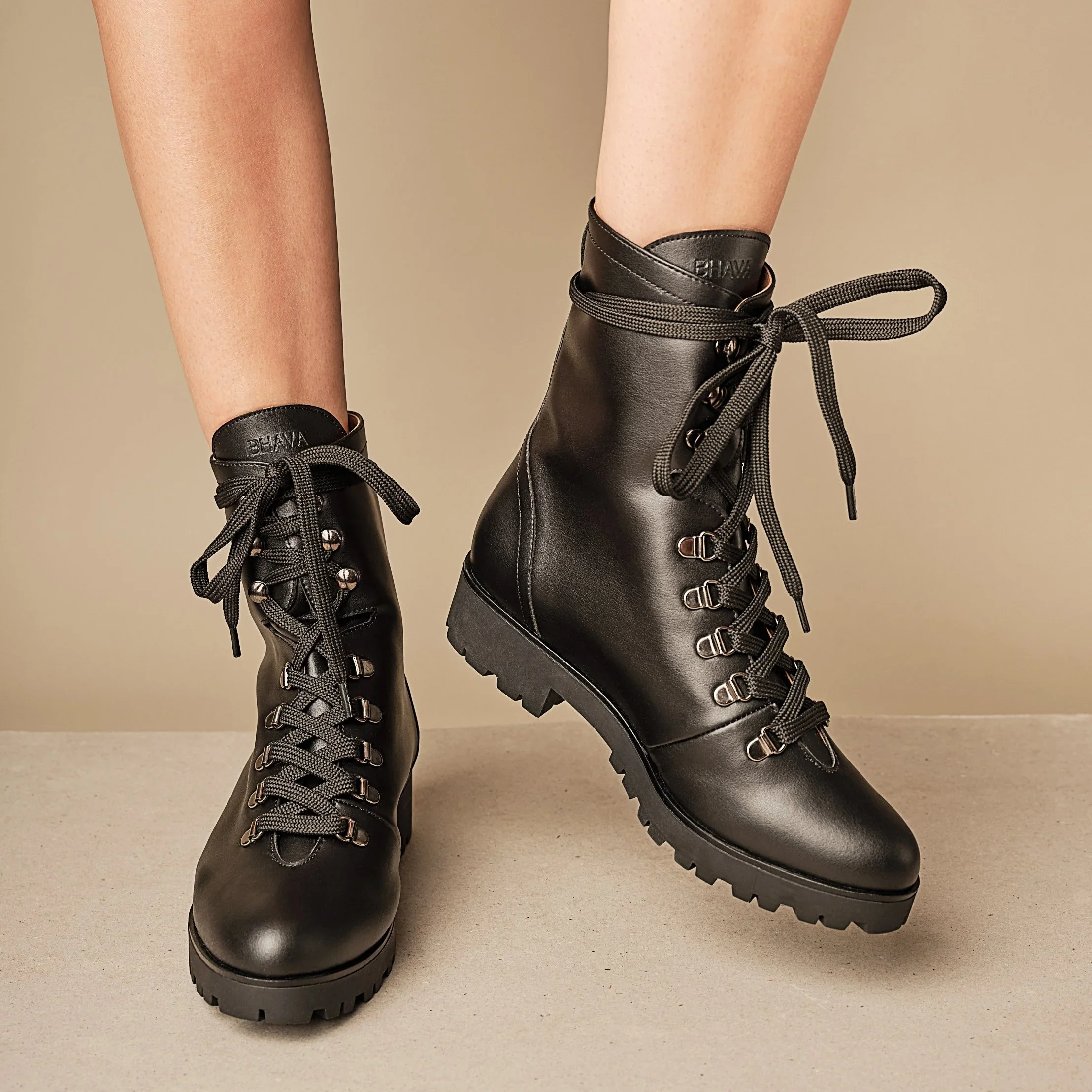246 pilot whales slaughtered in Faroe Islands during controversial hunt
Pregnant females and newborn calves were among the pilot whales violently killed after being herded into the North Atlantic cove during this year’s Grindadráp.
246 whales, including at least 30 pregnant females, have been slaughtered in the Faroe Islands, as part of the archipelago’s annual whaling season.
The butchering is part of the ‘Grindadrap’, translated as ‘the murder of whales’, which sees fishermen drive entire pods of whales and dolphins to the beaches, where the mammals are beaten and killed with clubs, knives and spears.
The event draws international condemnation each year.
Volunteers from the Captain Paul Watson Foundation released graphic documentation of this year’s killing, which occurred on 12 June 2025.
In their footage, the scale and violence are clear, as the sea turns red with blood.
The footage also reveals that the slaughter lasted over 30 minutes, not including the hour spent driving the pod into shallow waters, contradicting hunters’ claims that it was over in just 15 minutes.
During the slaughter, entire family groups were driven to shore, where blunt metal hooks were lodged into their blowholes before they were pulled up the beach and killed with a spinal lance - a tool with a double-edged blade. The method causes paralysis, prolonged suffering, and often a slow death, according to animal welfare advocates.
Many newborn and juvenile whales slaughtered were not considered edible and therefore are not counted in the official kill count, according to the Captain Paul Watson Foundation. The group confirmed that at least 64 young whales were among the dead, but warned the real number could be higher, as one of the butchering sites remains unaccounted for. The slaughter was so extensive that the bodies had to be transported to at least three separate locations for butchering.
The Captain Paul Watson Foundation reported that almost as many children as adults were at the slaughter, having been brought to the killing beach after school.
“When children are taught to watch instead of protect, the cycle of violence continues unchecked. This isn’t tradition - it’s desensitisation. We must break the chain.”
Each year, over 100,000 dolphins and small whales are killed globally, but the “Grind” stands out for its violence, says Danny Groves, head of communication at Whale and Dolphin Conservation.
He argues the practice is no longer justifiable, with pilot whale meat so contaminated with heavy metals that the Faroese health authority has issued toxicity warnings, making nutrition an invalid excuse for the slaughter. Since 2010, an estimated 900 pilot whales and dolphins have been killed annually in the Faroes.
Groves warns that these animals are vital to ocean health, which in turn supports the fight against climate breakdown. “We need more whales in the ocean, not fewer,” he said. “These hunts are totally pointless.”
The Faroe Islands’ whaling season is one of few around the world that still continues. Other hunts include Japan’s annual Dolphin Hunt massacre in Taiji, and Norway’s annual slaughter of minke whales, which is set to kill 1,406 in 2025 - an increase from 1,157 individuals in 2024.
But there are signs of change: Iceland’s only remaining company that hunts fin whales has announced it has cancelled this year’s hunting season due to dwindling public support and unfavourable market conditions. These pressures have been increased by falling demand in the main export market of Japan, where consumption of whale meat has steadily declined since the 1960s.
However, while fin whales will be safe for now in Iceland, minke whales could still be hunted this year by the country’s one other whaling company, Tjaldtangi ehf.
Help protect whales by joining Species Unite in urging Iceland’s Prime Minister to take decisive action and ban whaling once and for all. Sign the petition here.
Mobilise public support and increase awareness of the Faroe Island whale hunts by sharing Species Unite’s video on Instagram here.
Listen to the Species Unite's podcast episode with Rob Read of the Captain Paul Watson Foundation: When the Ocean Bleeds.
We Have A Favor To Ask…
Species Unite amplifies well-researched solutions to some of the most abusive animal industries operating today.
At this crucial moment, with worldwide momentum for change building, it’s vital we share these animal-free solutions with the world - and we need your help.
We’re a nonprofit, and so to keep sharing these solutions, we’re relying on you - with your support, we can continue our essential work in growing a powerful community of animal advocates this year.




